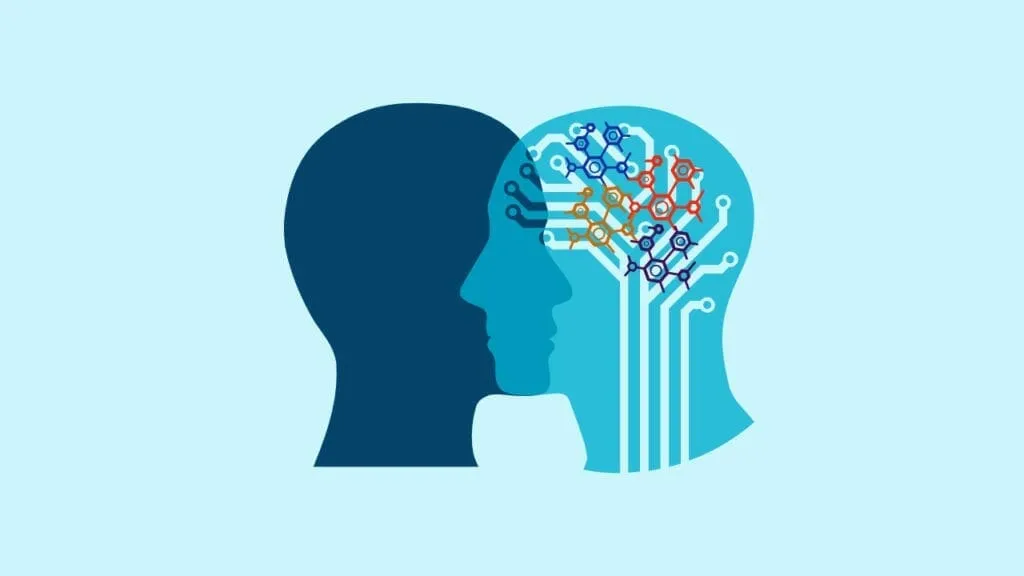Introduction
In today’s digital age, the field of artificial intelligence (AI) has witnessed unprecedented growth and development. AI has become deeply ingrained in various aspects of our lives, from personalised recommendations to autonomous vehicles. However, as AI continues to evolve, it is crucial to recognise and address the critical issue of data privacy. The responsible use of data is an ethical obligation and a necessary component of any AI training course. This article explores why data privacy should be a cornerstone of every AI training curriculum.
Many AI courses are coming online from a wide variety of training providers but looking at the course content, the vital area of Data Privacy is either light or missing altogether. In my experience developers are the starting point for building privacy into the code not as an after thought. Having to bolt on privacy to a finished product has huge costs both monetry and recource time.
The Significance of Data Privacy
Data privacy refers to the protection of an individual’s personal information and the control they have over how it is collected, stored, and utilized. With AI systems relying heavily on vast amounts of data, privacy concerns are heightened. The misuse or mishandling of data can lead to severe consequences such as identity theft, discriminatory practices, and breaches of personal freedoms.
Importance in AI Training Courses
- Ethical Responsibility: Incorporating data privacy into AI training courses is essential to instill a sense of ethical responsibility in future AI practitioners. By emphasizing privacy protection from the outset, trainees understand the significance of treating data with respect and using it responsibly to avoid potential harm.
- Legal Compliance: Global data protection regulations, such as the European Union’s General Data Protection Regulation (GDPR) and the California Consumer Privacy Act (CCPA), enforce strict rules on data privacy. Including data privacy in AI training ensures that students are knowledgeable about legal requirements, preventing inadvertent violations and potential legal repercussions in their professional careers.
- User Trust and Confidence: Maintaining user trust is crucial for the widespread adoption of AI technologies. By training AI practitioners on data privacy, they learn to design systems that prioritize user privacy and security. This, in turn, helps build trust and confidence among individuals who interact with AI-driven products and services.
- Bias Mitigation: Data privacy and bias mitigation are closely interconnected. When personal data is mishandled, it can lead to biased algorithms that perpetuate discrimination and inequalities. Integrating data privacy into AI training emphasizes the importance of collecting diverse and representative datasets, ensuring fairness, and reducing biases in AI models.
- Secure Infrastructure: A comprehensive understanding of data privacy enables AI professionals to design and implement secure data infrastructures. They can learn about encryption, anonymization techniques, secure data handling practices, and robust security measures to safeguard sensitive information. By incorporating these aspects into AI training courses, professionals are better equipped to protect data against potential cyber threats.
- Transparency and Explainability: Privacy-conscious AI models are more likely to provide transparent and explainable outputs. By including data privacy as a cornerstone in training, practitioners can appreciate the importance of transparency in AI systems. They can learn how to communicate data collection practices, the purpose of AI algorithms, and the potential impact on user privacy, empowering individuals to make informed decisions about their data.
Conclusion
Data privacy must be a cornerstone in every AI training course to ensure the responsible development and deployment of AI systems. By integrating data privacy principles into the curriculum, aspiring AI practitioners can comprehend the ethical implications, legal requirements, and technical practices necessary to protect user privacy. Such an approach fosters trust, reduces bias, promotes transparency, and establishes a strong foundation for building AI systems that prioritize individual privacy and data protection. As AI continues to reshape our world, a well-rounded AI training course must prioritize data privacy as a fundamental component.

